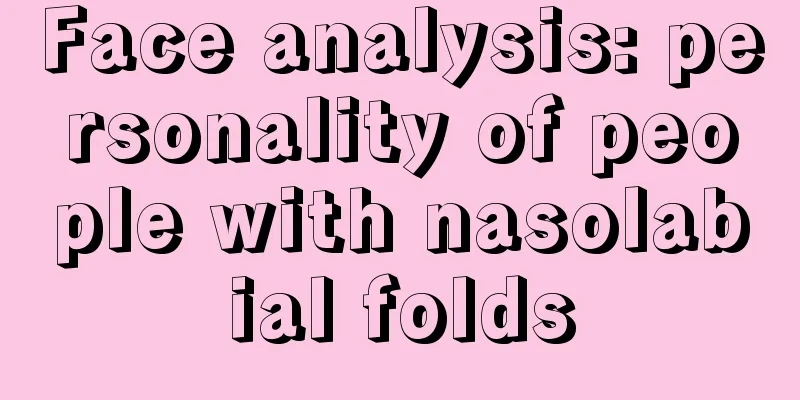EU plans to launch blockchain public services project, but still has no change of attitude towards Bitcoin

|
The European Commission (EC) said it is closely monitoring the development of blockchain and distributed ledger technology (DLT), saying the technology’s unlimited potential for application has proven to be “promising and challenging”. In a speech given on February 7, European Commission Vice President Andrus Ansip explained to members of the European Parliament (EP) that the Commission’s support for blockchain and DLT “will be fully upgraded in the coming months.” Last year, the European Parliament authorized the establishment of a special working group to further study DLT. The initiator of this working group, Jakob von Weizsäcker, said that its purpose is to closely monitor the development of DLT and establish specific regulatory rules when necessary. Ansip said the European Commission is considering adopting a "decentralized innovation ecosystem" to launch pilot projects and promote communication and interaction between "consumers, producers, companies and regulators." He said:
He concluded that in the future the Commission and the European Parliament will work closely together to hold a series of seminars to focus on the development and application of blockchain. The EU and blockchainAnsip’s speech further illustrates the European Commission’s desire to promote European fintech and blockchain companies to world-leading positions. Earlier this month, the European Securities and Markets Authority (ESMA) released its latest report (download the full text of the Coin Library), pointing out that blockchain technology is still in its “early stages” and the time is not yet ripe for regulation. However, institutions such as the UK Financial Conduct Authority (FCA) that can establish regulatory rules for companies in a timely manner can help fintech companies develop in difficult situations. Strictly manage BitcoinHowever, when it comes to Bitcoin, the European Commission’s stance is tougher. The European Parliament released a work report in January this year, stating that its main task in 2017 is to strictly regulate digital currencies such as Bitcoin in order to combat money laundering. The European Parliament’s decision is understandable given all the negative press surrounding Bitcoin in the past, but it can also be seen as a further development for Bitcoin, as the EU is already considering reversing the scope of Bitcoin’s use. |
<<: Commonwealth Bank of Australia pledges to increase blockchain investment in 2017
Recommend
The most straightforward facial features that are easy to get along with
There are always some people around us who speak ...
People with active moles behind their ears are prone to attracting villains.
A person's appearance is reflected in his fac...
Do women with moles on their chests have good career and financial luck?
As one of the traditional physiognomy techniques, ...
3A blockchain game Big Time tokens are listed on exchanges and this year may usher in a boom in high-quality blockchain games
The token BIGTIME of 3A blockchain game Big Time ...
Love to go hiking on weekends
The weekend is a very pleasant time for everyone....
Bitcoin binary options trading platform launched in Hangzhou
On March 28, 2016, Hangzhou Dongrui Electronic Te...
What does sunken eyes mean?
Physiognomy is a mysterious subject, which is div...
What does your nose tell you about your life?
What does your nose tell you about your life? We ...
How to tell a woman's fortune through palmistry How to tell a woman's fortune through palmistry
Everyone has his or her own palm lines, and the l...
Noah Chain received 20 million strategic investment from multiple investment institutions including Jidou Capital and Keyin Capital
On July 1, 2018, Beijing time, the NOAT public ch...
Judging a woman's fate from the depth and width of her philtrum
The philtrum is a relatively important part of a w...
Is it good for men to have a Sichuan-shaped wrinkle between their eyebrows?
As people get older and their skin becomes looser...
How is the career development of people with s-shaped eyebrows?
S-shaped eyebrows is a term in the field of physi...
Blockchain technology reshaping the world
The technology behind Bitcoin allows people who d...
The face of a woman who never spends money on herself in life
In fact, when it comes to spending money, you sho...









